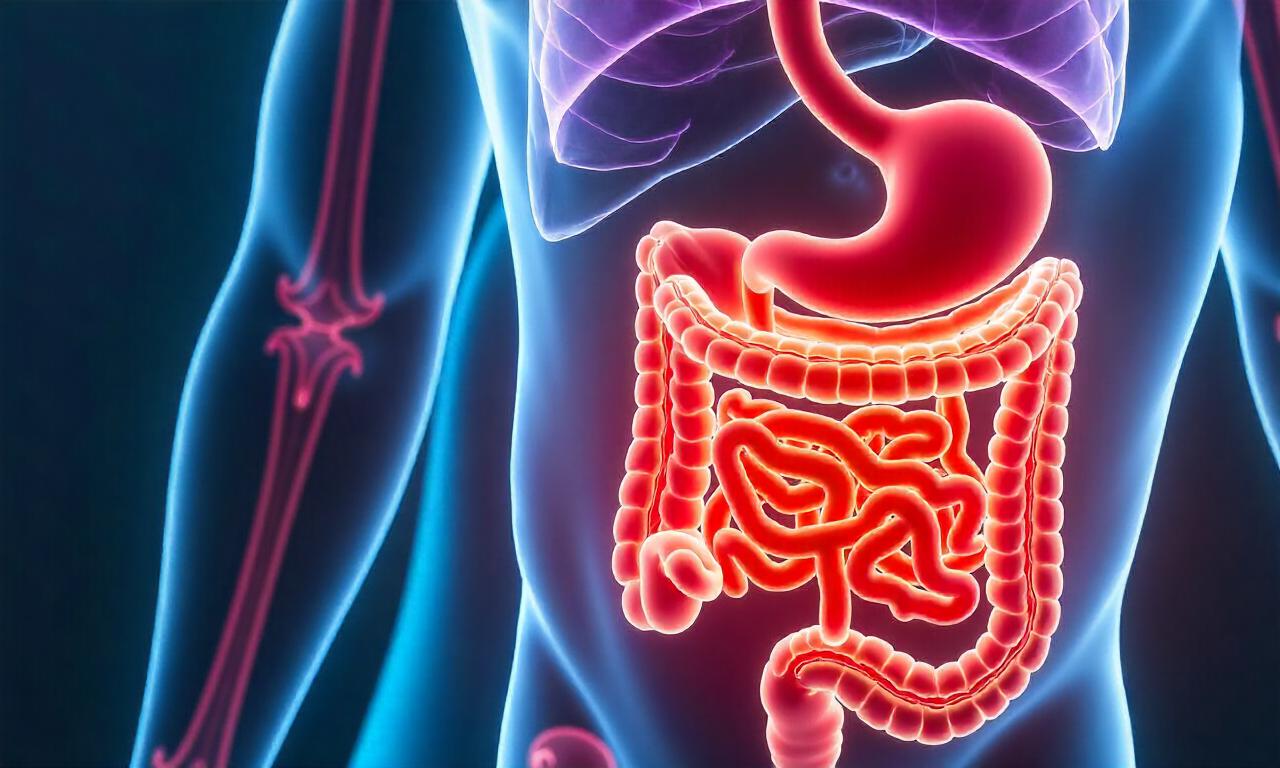Inflammatory Bowel Disease (IBD) affects millions of people worldwide, causing chronic inflammation in the digestive tract and leading to symptoms like abdominal pain, diarrhea, fatigue, and weight loss. While medical treatments such as medications and surgeries are essential, natural ways to manage inflammatory bowel disease can significantly complement these approaches, offering sustainable and holistic solutions. From dietary adjustments to lifestyle changes and complementary therapies, adopting a natural strategy can reduce flare-ups, improve quality of life, and minimize reliance on pharmaceuticals. This article explores the most effective natural ways to manage inflammatory bowel disease, providing actionable insights backed by scientific research and practical examples to help individuals take control of their health. Understanding Inflammatory Bowel Disease (IBD) What is Inflammatory Bowel Disease? Inflammatory Bowel Disease (IBD) is a group of chronic disorders that cause inflammation in the digestive tract. The two primary types are Crohn’s disease and ulcerative colitis, which differ in the areas of the intestine they affect and the nature of the inflammation. IBD is often associated with an overactive immune response, where the body mistakenly attacks the gastrointestinal lining, leading to persistent symptoms and potential complications over time. The exact cause of IBD is not fully understood, but a combination of genetic, environmental, and immune factors is believed to play a role. The Role of Lifestyle in IBD Management Lifestyle choices can have a profound impact on IBD symptoms and overall health. Natural ways to manage inflammatory bowel disease emphasize holistic approaches that address both physical and emotional well-being. For instance, maintaining a consistent sleep schedule, reducing stress, and avoiding harmful habits like smoking can all contribute to better disease control. Studies suggest that lifestyle modifications can reduce the frequency and severity of flare-ups, making them a vital component of long-term management. Importance of Early Intervention and Consistency Managing IBD naturally requires a proactive mindset and consistent effort. While symptoms may fluctuate, adopting natural ways to manage inflammatory bowel disease early can prevent long-term damage to the digestive system. For example, dietary changes such as increasing fiber intake or eliminating trigger foods can be implemented gradually to allow the body to adapt. Consistency is key, as even small adjustments over time can lead to significant improvements. Research indicates that patients who integrate lifestyle and dietary strategies into their routine experience fewer hospitalizations and better treatment outcomes. Dietary Adjustments: A Powerful Tool for IBD Relief The Importance of a Balanced Diet A balanced diet is one of the most critical natural ways to manage inflammatory bowel disease. The gut microbiome plays a central role in inflammation, and certain foods can either exacerbate or alleviate symptoms. For example, a diet rich in fruits, vegetables, whole grains, and lean proteins provides essential nutrients that support the immune system and reduce oxidative stress. The Mediterranean diet, which emphasizes omega-3 fatty acids and antioxidants, has been linked to improved gut health and reduced inflammation in several studies. By prioritizing nutrient-dense foods, individuals can enhance their body’s ability to heal and maintain digestive balance. Foods to Avoid and Their Impact Identifying and avoiding trigger foods is another natural way to manage inflammatory bowel disease. Common culprits include dairy products, which can cause bloating and diarrhea in those with lactose intolerance; gluten, which may trigger immune responses in some patients; and spicy or fatty foods, which can irritate the digestive tract. A 2022 study published in the Journal of Gastroenterology found that eliminating high-FODMAP foods (fermentable oligosaccharides, disaccharides, monosaccharides, and polyols) significantly reduced symptoms in 70% of participants. Keeping a food diary to track personal triggers is an effective way to tailor dietary choices to individual needs. Probiotics and Gut Health Probiotics, which are beneficial bacteria, are a natural way to manage inflammatory bowel disease by promoting a healthy gut microbiome. These microorganisms can help restore the balance of gut flora, reduce inflammation, and enhance immune function. Research published in Gut Microbes in 2021 highlights that probiotics may decrease the frequency of flare-ups in patients with ulcerative colitis. Including probiotic-rich foods like yogurt, kefir, and fermented vegetables, or taking supplements, can be a simple yet impactful step toward managing IBD naturally. Lifestyle Changes: Building Resilience Against IBD The Power of Sleep and Rest Sleep is a fundamental aspect of natural ways to manage inflammatory bowel disease. During rest, the body repairs tissues and regulates the immune system, which is crucial for managing chronic inflammation. Poor sleep can worsen symptoms by increasing stress hormones like cortisol, which in turn heighten inflammatory responses. A 2023 survey by the American Gastroenterological Association found that 65% of IBD patients reported improved symptom management after prioritizing 7–8 hours of sleep nightly. Creating a consistent sleep routine, reducing screen time before bed, and maintaining a cool, dark sleeping environment can all contribute to better rest and overall health. Reducing Stress Through Mindfulness Stress is a known trigger for IBD flare-ups, making natural ways to manage inflammatory bowel disease that incorporate stress reduction essential. Techniques such as mindfulness meditation, deep breathing exercises, and yoga have been shown to lower stress levels and improve gut health. A 2020 meta-analysis in Frontiers in Psychology concluded that mindfulness-based interventions reduced the frequency of IBD symptoms by up to 40%. Integrating these practices into daily routines, even for 10–15 minutes a day, can have a measurable impact on disease management. Avoiding Harmful Habits Eliminating harmful habits like smoking and excessive alcohol consumption is another natural way to manage inflammatory bowel disease. Smoking is associated with increased inflammation and a higher risk of developing Crohn’s disease, while alcohol can irritate the gastrointestinal tract and worsen symptoms. A 2021 study in Gastroenterology Research found that IBD patients who quit smoking experienced a 30% reduction in flare-up frequency. Avoiding these habits, along with maintaining good hygiene, can create a healthier environment for the digestive system. Supplements and Natural Remedies: Supporting the Body’s Healing Process Omega-3 Fatty Acids and Anti-Inflammatory Benefits Omega-3 fatty acids, found in fish oil, flaxseeds, and chia seeds, are a natural way to manage inflammatory





